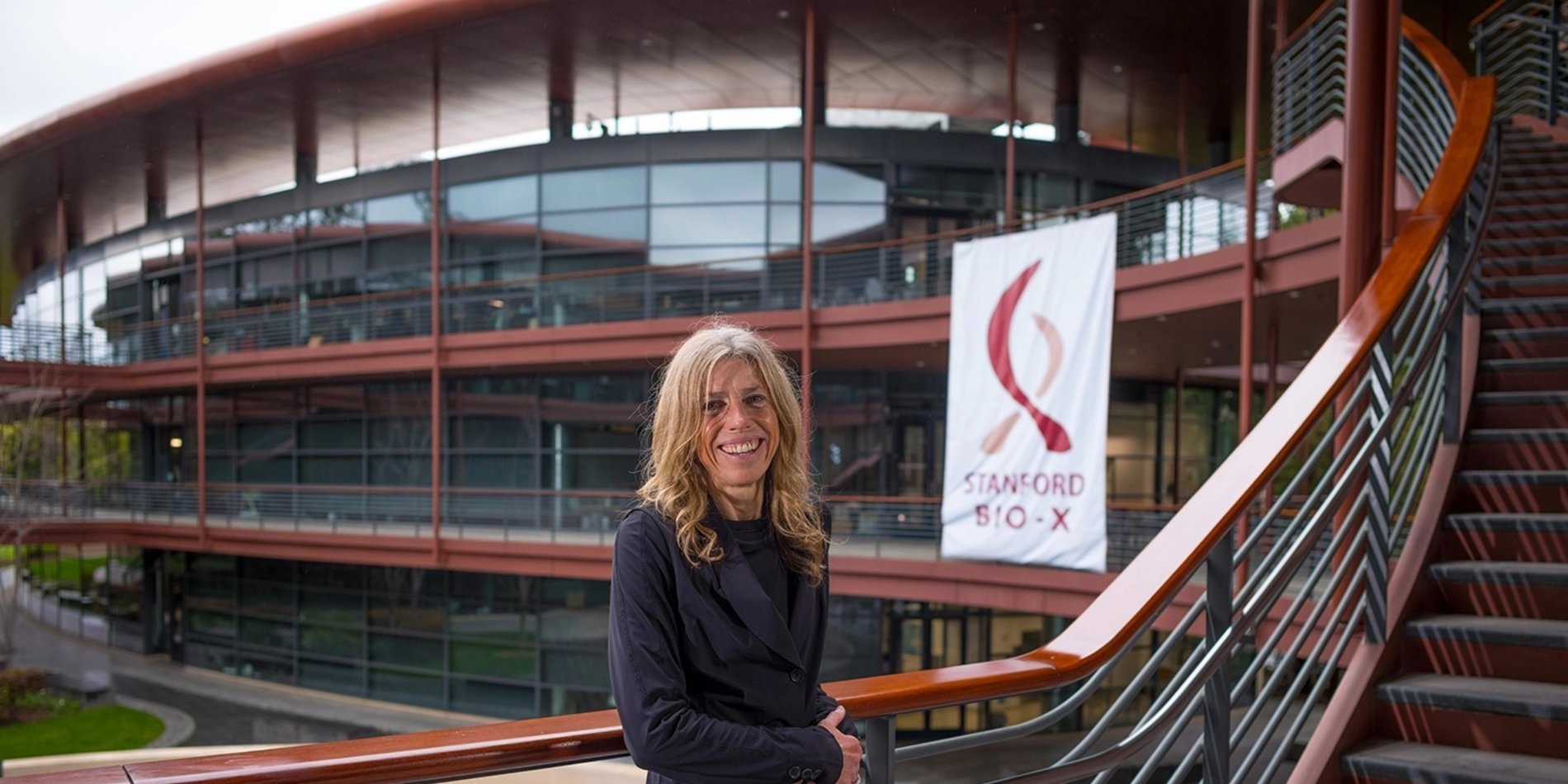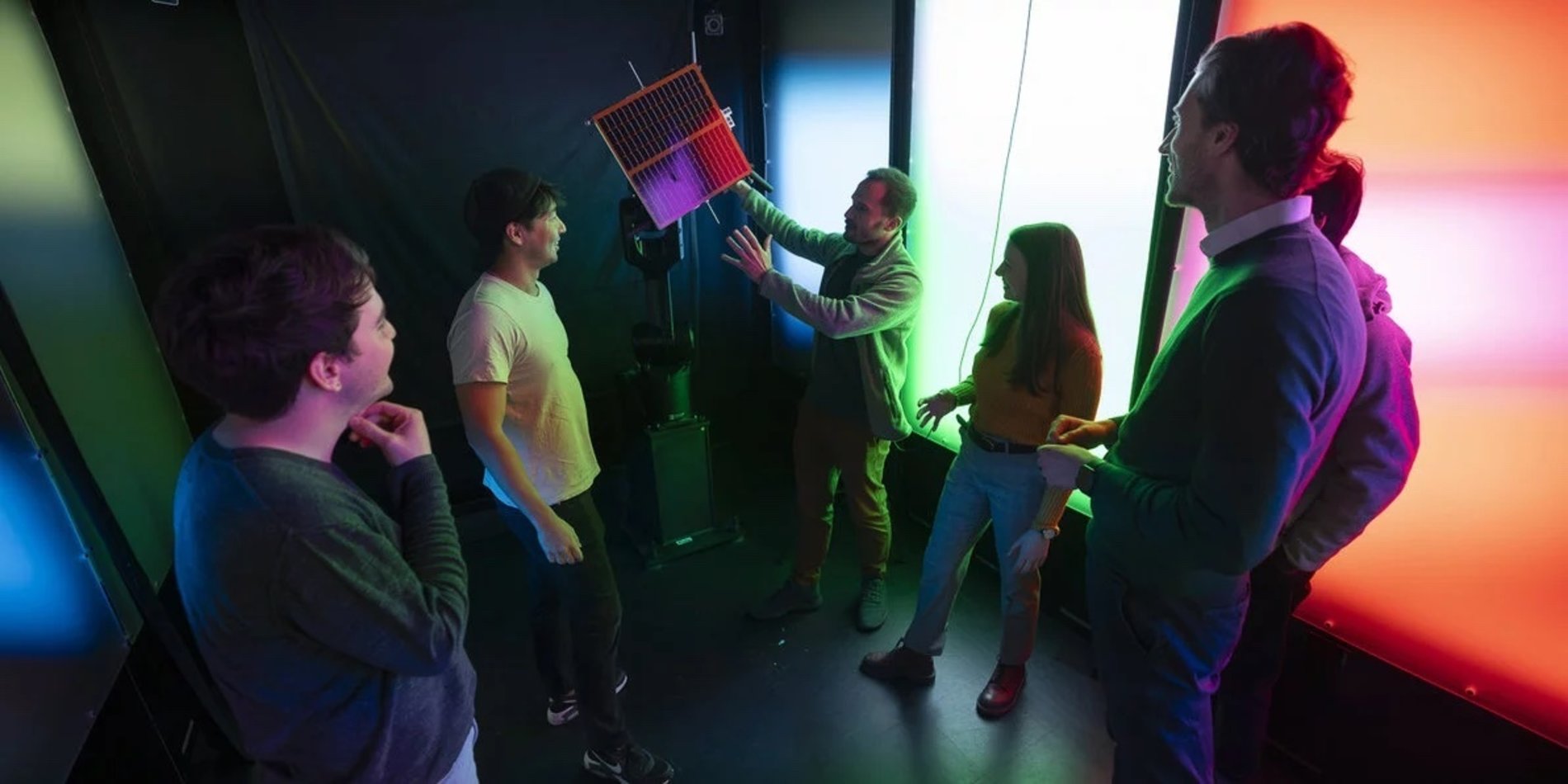Spotlight - Axel Peytavin, MS ’23, Computational & Mathematical Engineering

I was born in Paris and grew up there. As a kid, I was passionate about science, and by the time I was 10 or 11, I was also so involved with video games that my mom had to cut me off, which made me decide that I’d teach myself to build my own video games.
That’s how I learned to code, and what set me on my trajectory. When I was 13 or so, I designed a plugin for Minecraft, which got used by a lot of people. After seeing that, my dad decided to take me on a trip to the U.S., where we saw a lot of national parks, but also came to California and visited Stanford and Berkeley. I couldn’t believe I was seeing the place where Google, Apple, and Facebook were located.
Back home, I stayed focused on science, and eventually got an opportunity to participate in a double master’s degree program jointly offered by France’s CentraleSupélec and Stanford. Because there is no real specialization in French universities until near the end of undergraduate studies or even later, my skillset focused on theoretical mathematics, physics, and what I’d learned about coding as a teenager. I was attracted to Stanford’s Institute for Computational and Mathematical Engineering because computational math was a continuation of all that, and because I loved the toolkit I could continue to build there, which today allows me to do so many fascinating things in a range of different fields.
From the start I’ve wanted to apply my skills toward work that I thought was useful for people, society, and the planet. Between my bachelor’s and master’s degrees, for instance, I worked as a computational modeler for The Ocean Cleanup, a non-profit organization that removes plastic pollution from the ocean, helping to figure out how plastic moves and where it accumulates. Later on, I was able to connect The Ocean Cleanup with Stanford, and help students on a project for that organization. At ICME, I focused on the social science realm, where I researched misinformation on social mediaand explored the idea of a startup using collaborative fact-checking to combat fake news. These areas of study were very different, but the math behind them and the modeling were very similar. In 2023, I was the recipient of the Best Poster Award at ICME’s research symposium, Xpo, for my research on how climate activism impacts climate change sentiments online.
Today I’m a research assistant at Stanford’s Department of Management, Science and Engineering, where I work in the computational social sciences group. We use applied math, AI, and optimization to understand how we can research social science on a large scale using online data. Right now I’m examining the impact of a crowdsourcing system that allows social media users to fact-check each other. We’re collecting data to try and understand how well this collaborative information system performs, and whether it’s helping users overcome their strongly held beliefs and recognize misinformation. If it works, it’ll be amazing, and a potential new way of helping people with differing viewpoints find agreement. This is critical; in times of crisis — whether that’s COVID, climate change, or a political election — we have to be able to coordinate ourselves and recognize good information so we can tackle these issues. The alternative is becoming so divided that no one can agree on what to do.
I was attracted to this work because I like solving problems, and because it bridges science and engineering and keeps me at the forefront of the best new solutions being developed to help as many people as possible. I couldn’t work any other way, and I’ll never stop looking for new things to do.


